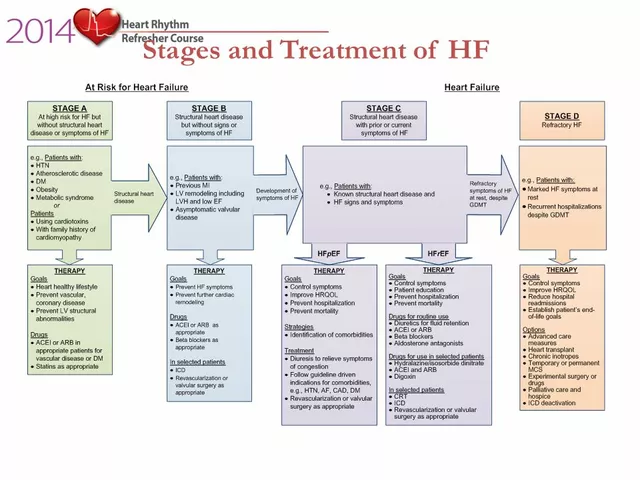ADHD Medication: What You Need to Know
Dealing with ADHD can be overwhelming, especially when it comes to finding the right medication. Whether you're new to treatment or looking for alternatives, understanding ADHD medications can help you and your doctor make better choices. Let's break down the basics in a straightforward way.
How ADHD Medications Work
Medications for ADHD mainly help by balancing brain chemicals that affect focus and impulse control. One popular non-stimulant option is Strattera, also known as Atomoxetine. Unlike stimulant meds, Strattera works gradually and is less likely to cause jitters or sleep problems. It boosts attention span and can reduce hyperactivity.
Besides Strattera, stimulant medications like Adderall and Ritalin are common. They usually act faster but have different side effects and risks. It's important to talk with your healthcare provider about which type fits you best.
Managing Medication and Side Effects
Starting ADHD medication can feel like navigating uncharted waters. Common side effects include upset stomach, sleep troubles, or mood changes. They often improve after a few weeks, but keep a close eye and report concerns to your doctor. Adjusting dosages or switching meds might be needed to find the right balance.
Safety is key. Never change your dose without consulting a professional, and understand how your medication might interact with other drugs or supplements you’re taking. Also, keep your doctor updated on any new symptoms.
Remember, medication is just one part of ADHD management. Combining it with behavioral therapy, lifestyle changes, and support gives you the best chance at success. If you’re curious about starting ADHD meds or want to know more about options like Strattera, the posts tagged here offer clear, helpful insights to guide you.

Strattera: Uses, Side Effects, and What to Know About Non-Stimulant ADHD Treatment
- Date: 5 Jun 2025
- Categories:
- Author: David Griffiths
Strattera is a unique ADHD medication that works differently from stimulants like Adderall or Ritalin. This article breaks down how Strattera works, who it helps, possible side effects, and what real people experience on it. Discover tips on taking Strattera and learn when it might be the right ADHD treatment choice.



